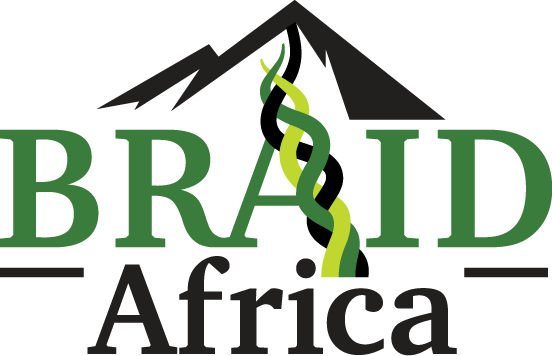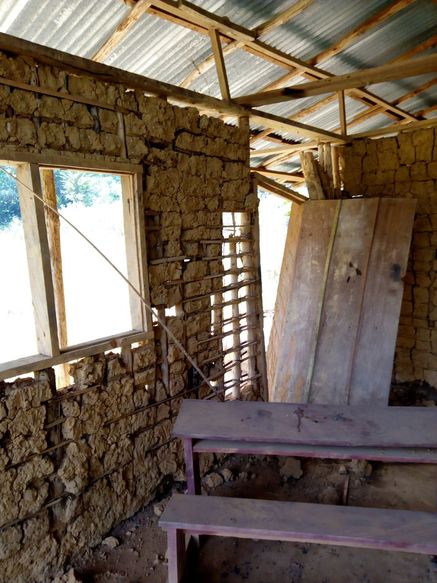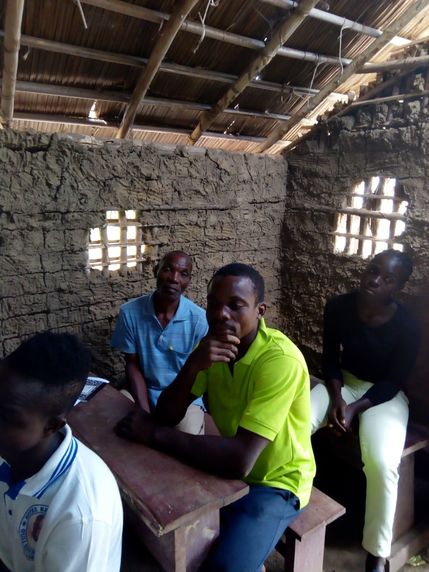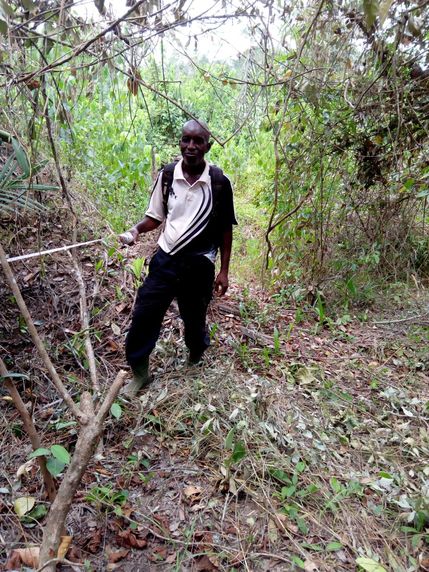Farming to rebuild communities traumatized by war
Sub-Saharan Africa not only has the highest percentage (47.5 percent) of people living under the poverty line of $1.25 per day as defined by the World Bank, it has also been the epicenter of civil conflicts in the last three decades.
The challenges facing war trauma individuals and communities in developing African countries are huge. The lack of infrastructure and general lack of financial resource for economic progress not only form the stage of delay recovery, but also exacerbate its consequences for rural area community.
BRAID Africa put farming at the center of its strategy for a sustainable community building.
How we implement our strategic initiatives
The challenges facing war trauma individuals and communities in developing African countries are huge. The lack of infrastructure and general lack of financial resource for economic progress not only form the stage of delay recovery, but also exacerbate its consequences for rural area community.
BRAID Africa put farming at the center of its strategy for a sustainable community building.
How we implement our strategic initiatives
- Selection. Organize individuals to form farming cooperatives.
- Training. Cooperative members receive training in basic concepts of finances, business development, new agricultural techniques and field coaching.
- Seed funding. Cooperative members receive tools, seeds and funding for collective projects
- Field to Market. Facilitate transportation of crops from farm to market
|
Addressing Survivors’ priority needs by supporting education
BRAID Africa provides financial support to the Sehwein village cooperative to enhance community efforts to build an elementary school for their children Liberia’s education system remains extremely weak due to a lack of school infrastructure. At all levels of schooling, many parents must send their children away to access the appropriate grade level. This prevents many children from continuing their education. It is common for parents to start children in school later so that they will not need to be sent away from home at a young age. As a result, literacy rates in Liberia are low.
|
|
Entrepreneur education
BRAID Africa introduces entrepreneurship education program for financial and business trainings. Helping war trauma survivors to thrive through new opportunities. Our team on ground organizes community members into a cooperative to work collaboratively to develop their community. These workshops are carried by an entrepreneur and delivered in a local dialect to help those with limited literacy to follow and understand the program.
|
|
Promote economic growth through new agricultural techniques
BRAID Africa introduces new agricultural techniques program to increase productivity, lead to food security and economic empowerment. Poor agricultural practices and limited understanding of farming techniques among farmers contribute to low food production and high post-harvest losses. Farmers tend to shift cultivation to new plots every year to increase production rather than implement conservation or improved agricultural techniques on their land. This practice in a long run will contribute to deforestation and pose a significant environment threats in the country. However, the limited literacy increases the likelihood that vulnerable rural households will use new agricultural techniques. To overcome this obstacle BRAID Africa’s new agricultural techniques are delivered by an expert in a local dialect. This expert will work alongside farmers throughout the year to ensure implementation and evaluation of the program.
|
|
HOME | OUR WORK | GET INVOLVED
BRAID Africa is a registered 501c3 non profit charitable organization in the United States. Copyright © BRAID Africa. All rights reserved. Contact Info: BRAID Africa, 211 Hope St #390462, Mountain View, CA 94039 Phone: 408-676-9412 • Email: [email protected] |
CONNECT |



